Embezzling truths about sustainability may take care of the present but it will not take care of our joint future
By raising awareness, we can hold each other accountable to make truly beneficial decisions around packaging and environmental matters. Here are seven greenwashing sins that we all, as value chain members, need to be mindful of.
Hidden trade-offs
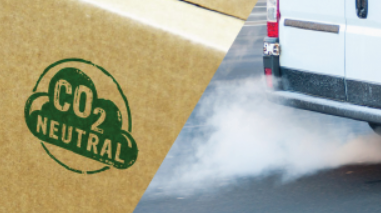
Emphasising one environmental issue at the expense of a potentially more serious one, for commercial benefit.
Lesser of two evils
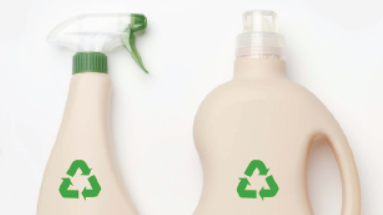
Making consumers feel ‘green’ about a product category that is in itself lacking in creating environmental benefit
Irrelevance
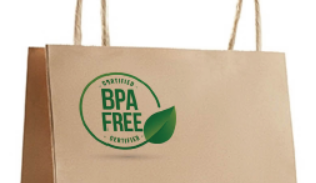
Emphasizing an unrelated but legislative-driven product issue to distract from a relevant environmental issue connected to the product.
Back-up claims
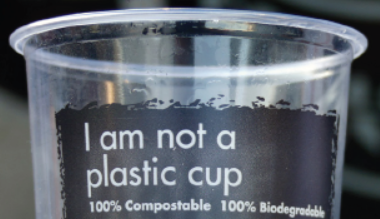
Environmental claims are not backed up by evidence or an accredited third party but advertised as such.
Vagueness
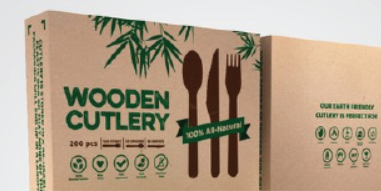
Stating “all natural” to create the assumption that a product is “green”. Many poisonous products, such as arsenic and mercury, are also natural!
Fibbing

Making outright, false environmental claims, e.g.: “this bottle is recyclable” when in fact it is not.
Misleading labels
Creating or suggesting certification-like images to mislead uninformed consumers into thinking that a product has been through a legitimate green certification process. The use of nature imagery and colours also leaves most consumers to ‘fill in the blanks’ and make assumptions regarding the product’s environmental status.
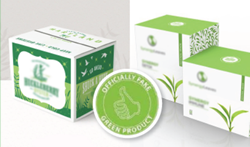
Whilst telling the truth may cost you nothing, half-truths or embezzling the truth, through the misuse of complex industry terminology, may end up costing you a fortune!
